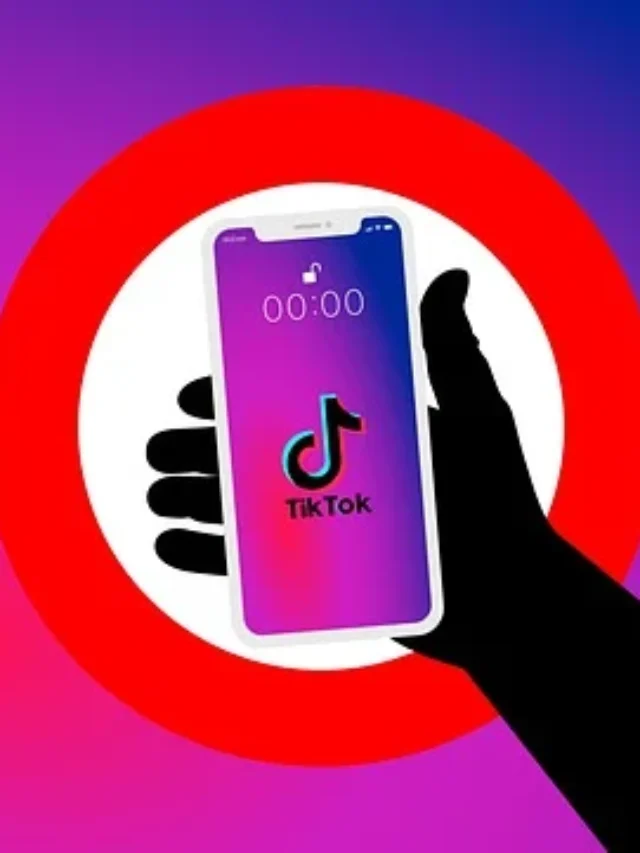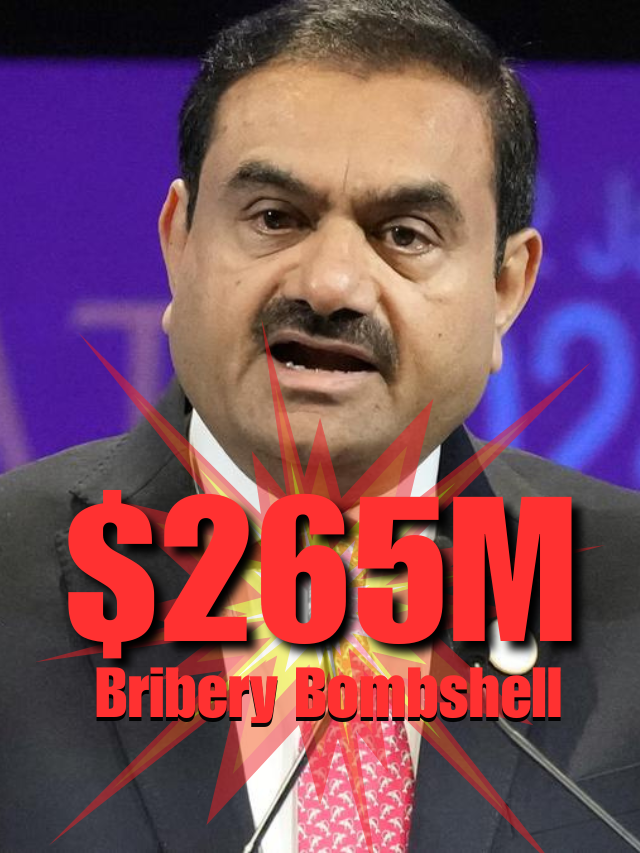
Introduction
The prospect of TikTok being banned in the U.S. has gained significant traction after the House of Representatives passed a bipartisan bill that could remove the app from American app stores. The legislation stems from national security concerns over TikTok’s Chinese parent company, ByteDance, and its potential ties to the Chinese government.

With 170 million American users and millions of small businesses relying on the platform, the debate has sparked intense conversations across the nation.
The Latest Developments
The U.S. House recently approved the Protecting Americans from Foreign Adversary Controlled Applications Act, which specifically targets apps owned by foreign entities considered security risks.

Under the new bill, ByteDance must divest its U.S. operations within 180 days or face a total ban. The legislation has moved to the Senate, where its fate will be decided. President Joe Biden has indicated he will sign the bill if it passes, further intensifying the urgency of the situation.
The National Security Concerns

Lawmakers argue that TikTok could serve as a data conduit for the Chinese Communist Party (CCP) under China’s national security laws. These laws mandate cooperation with intelligence agencies, which fuels fears about potential surveillance or influence campaigns targeting U.S. citizens.
Rep. Cathy McMorris Rodgers (R-Wash.) emphasized, “We have given TikTok a clear choice: divest from ByteDance or leave the United States”
TikTok’s Response
TikTok has strongly opposed the legislation, calling it an infringement on First Amendment rights and a potential blow to the small businesses that thrive on the platform.

In a public statement, TikTok criticized the bill as an outright ban disguised under a different name and expressed hope that the Senate would consider the broader implications of the decision. The company has also mobilized users, urging them to contact their representatives
Impact on Businesses and Users
The app’s potential ban has far-reaching implications. Many small businesses use TikTok as a critical marketing tool to reach younger audiences.

A ban could disrupt their operations and hinder revenue growth. Additionally, TikTok has become a cultural staple among Gen Z and millennials, offering a platform for self-expression, education, and activism.
Challenges Ahead

Even if the legislation becomes law, enforcing a TikTok ban would pose significant challenges. Users could circumvent restrictions using VPNs, and legal battles over the bill’s constitutionality are likely. Critics have also pointed out that targeting a single app might not address broader concerns about data privacy and foreign influence.
Conclusion

The potential ban of TikTok in the U.S. marks a pivotal moment in the intersection of technology, politics, and national security. While the legislation highlights the importance of safeguarding user data, it raises questions about free speech and economic impacts. As the bill progresses through the Senate, the debate will likely continue to stir heated emotions among lawmakers, businesses, and the millions of Americans who call TikTok their digital home.


